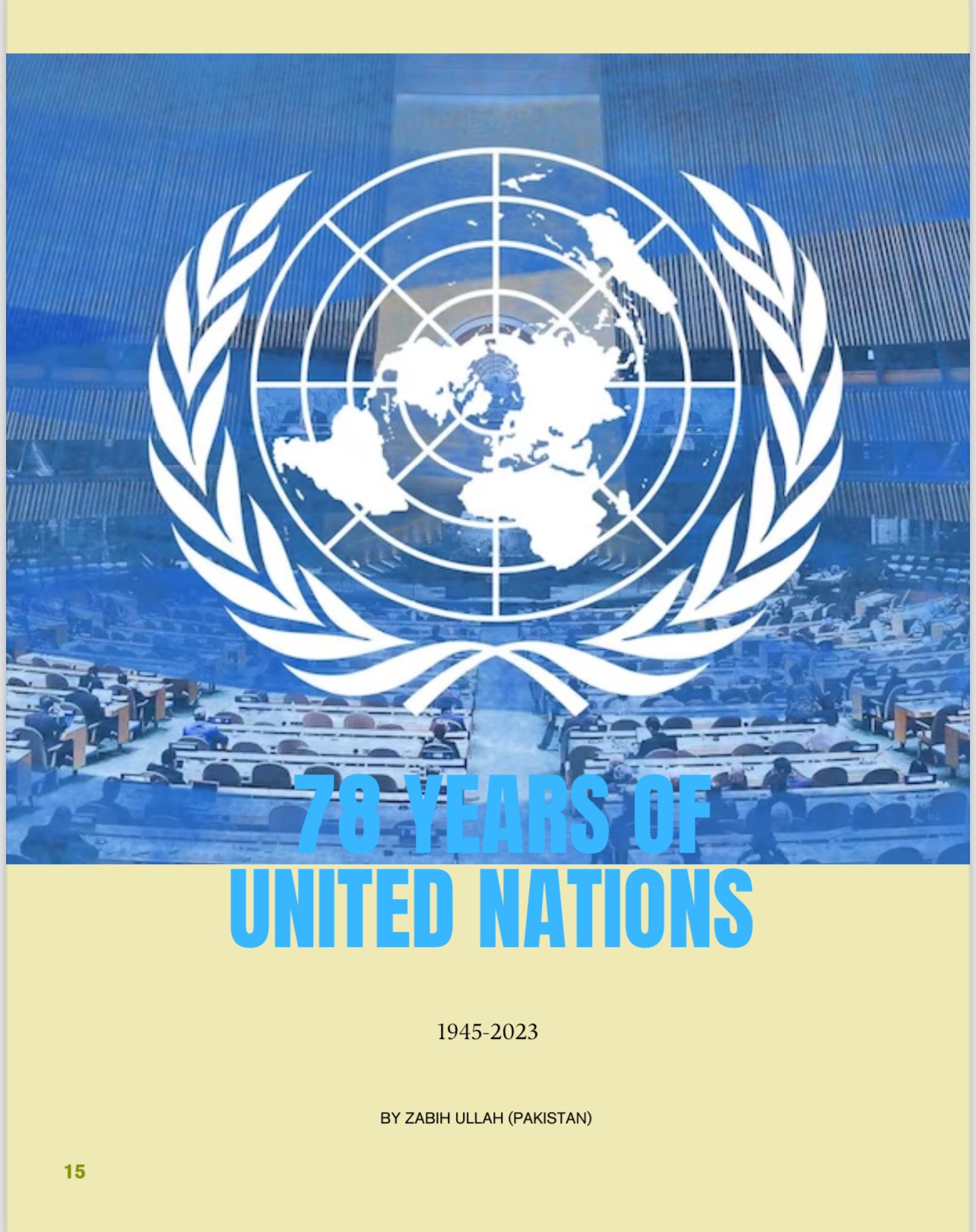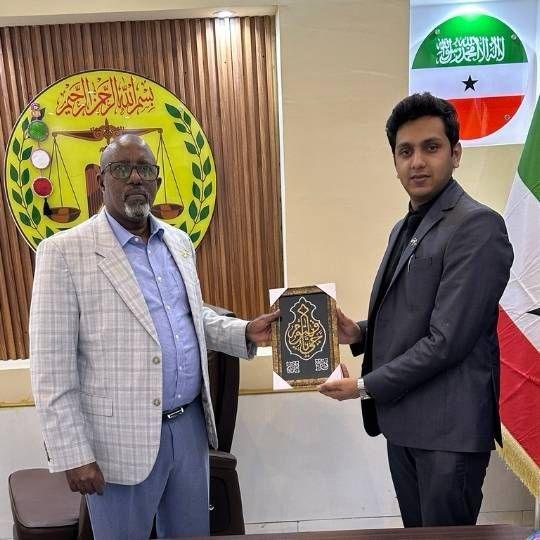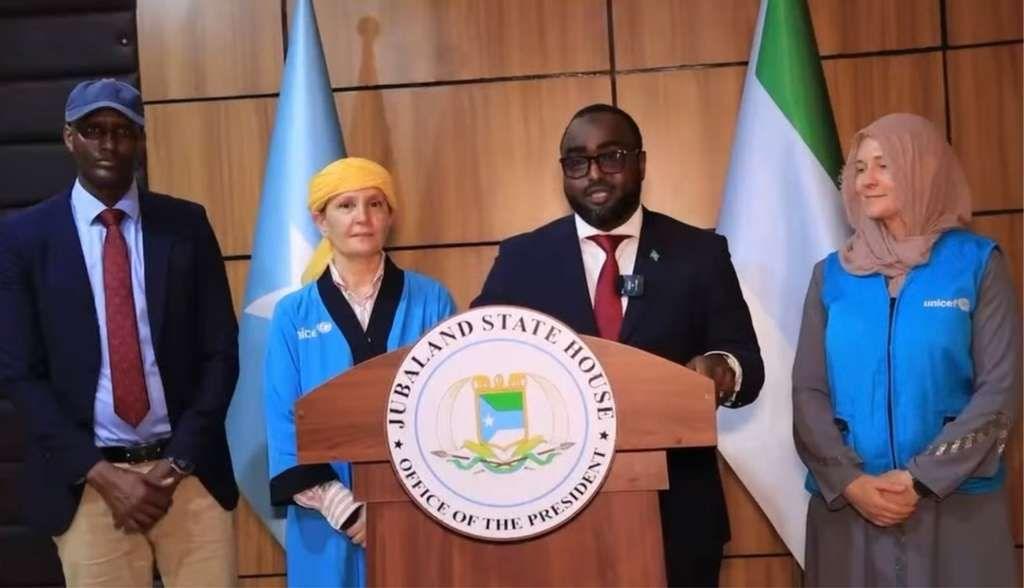Zabih Ullah Khattak (Pakistan)
The United Nations (UN), born from the ashes of World War II, was established on October 24, 1945, with the mandate to forestall a repeat of past cataclysms. It embodied the aspirations of an international order committed to peace, learning from the shortcomings of its predecessor, the League of Nations, whose unraveled commitments enabled the rise of new global conflicts.
Over a span of 78 years, the UN has cemented its credibility through the just implementation of its foundational mission, while also wrestling with persistent issues that undermine its authority.
The UN’s legal mandate to promote international peace and security was tested a mere five years into its inception. On June 25, 1950, in the wave of soaring tensions, North Korea invaded South Korea, sparking a three-year war under the aegis of the United States and the USSR in support of the south and north respectively. Undeterred by the formidable players, the UN, under Chapter VII of the Charter, deployed an international force featuring 21 member states to deter North Korean aggression, marking the UN’s direct intervention in a war.
Over the decades, Cold War animosities rippled around the globe. The UN, relying on Article 33 of its Charter which mandates pacific settlement of disputes, managed to maintain international order, offering a counterbalance to the crippling tensions. In lockstep, apartheid thrived in Africa, underpinning racial discrimination. Through the strength of UN resolutions and economic sanctions enacted under Chapter VII, the hegemonic regimes were cornered globally, inducing their transition toward egalitarian governance. The UN is a multilateral organization, which means that it works through consensus. Each of its 193 member states has the right to vote on all issues before the General Assembly. Consensus, however, is not unanimity; it can be achieved with as few as two-thirds majority votes in both chambers.
Climate change evolved as a key arena for UN’s intervention, underscored by significant legal strides such as the Kyoto Protocol of 1997, its subsequent Doha Amendment in 2012, and the Paris Agreement in 2015 – all aimed at averting a climatic crisis. The series of Conferences of the Parties (COPs) continued to convene global leaders under a legal framework, deliberating on urgent environmental concerns. The most recent COP23, held in Bonn in November 2017, was historic for several reasons. Not only did it mark the first time that a nation (the Marshall Islands) chaired this conference; it also featured the largest number of countries ever to attend an international climate summit. In addition, state and non-state actors agreed on key outcomes such as the “Talanoa Dialogue” and “Climate Vulnerable Forum” initiatives that sought to engage governments, businesses and civil society stakeholders in finding solutions to climate change.
In 2015, the UN instituted the Sustainable Development Goals (SDGs) addressing 17 salient global predicaments primarily focusing on catalyzing growth in developing nations. The endorsement of these initiatives could substantially uplift the living indices in disadvantaged regions.
Contrastingly, the UN’s commitment has been challenged by enduring unaddressed global issues. The Kashmir conflict, born out of Partition in 1947, and left unresolved under a series of UN resolutions pushes the legitimacy of the UN Charter’s Article 1, which espouses people’s right to self-determination. The role of the UN Security Council remains under scrutiny as the Israel-Palestine issue remains unresolved, with the casualties of innocent lives continuing despite laws favoring a two-state solution.
Moreover, North Korea’s unabated nuclear program and the ongoing Ukraine conflict exhibit the apparent impotence of the UN’s legislative mechanisms and the undue influence of the veto of powerful nations, inflating questions on the impartiality of the UN’s enforcement ability.
Climate change, posing an unignorable threat, has showcased glaring disparities between developed and peripheral nations, casting a specter on global advancements. Terrorism and extremism warranting urgent, comprehensive measures continue to rear their heads, inciting global instability and challenging the effectiveness of the UN’s legislative mechanisms.
Recent displacement waves have raised questions about the efficacy of UN policies catering to human rights and refugees. The perilous, sometimes deadly journeys of these individuals underscore the need for reformed, coherent legal strategies.
The UN, navigating through these complexities, stands as a significant global entity. The need of the hour is re-evaluating the implementation of international law to ensure equitable global governance, sparking reforms in the diplomatic arena fostering connectivity among nations. The focus should remain on international cooperation, provisioning humanitarian aid, and the pursuit of proactive climate-centric strategies emphasizing unbiased aid to nations at the brink.
Zabih Ullah is from KPK, Pakistan. He is a visiting lecturer of Political Science at Government Postgraduate College Karak and writes about current affairs.





